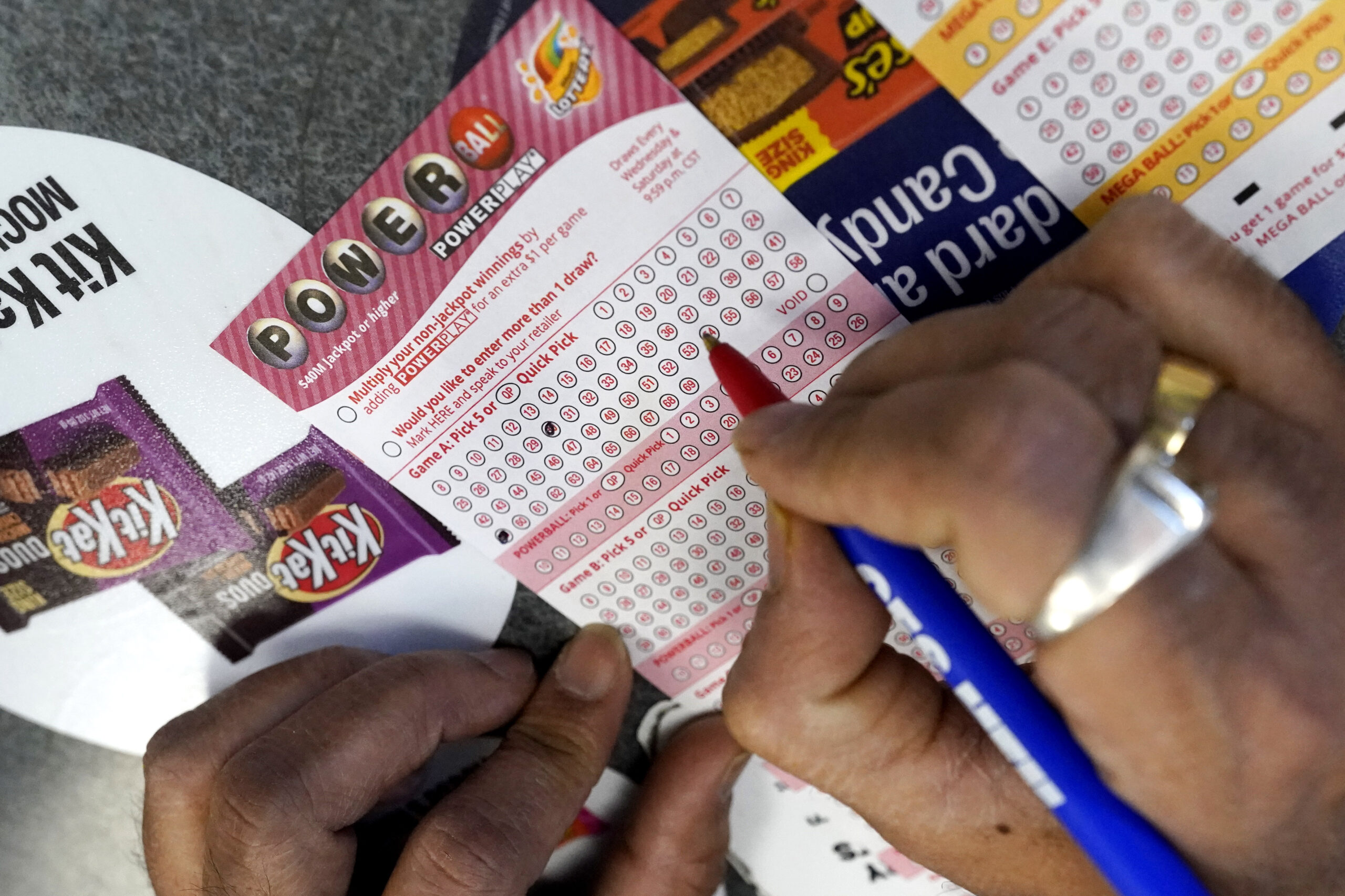Who doesn’t dream of winning the lottery and becoming a millionaire? And what undocumented person doesn’t dream of having enough money to live in the United States without fear of being deported?
This is surely the dream of thousands of people who have migrated to the country in search of the so-called “American dream,” even though this has meant leaving their families and crossing borders, often without having their papers in order.
That is why many decide to bet on lottery games, particularly Powerball and Mega Millions, the two most popular in the US, to see if they are lucky enough to win a prize that could change their lives completely.
On this topic, many people have a crucial question: can an undocumented person collect a lottery prize?

Is it possible for an undocumented person to claim a Powerball or Mega Millions prize?
The answer is yes.
An undocumented immigrant can claim a lottery prize in the U.S., as long as he or she bought the ticket inside the country. The winner’s immigration status doesn’t matter; anyone with a winning ticket can claim the prize.
Requirements for claiming lottery prizes vary by state, but generally fall into 2 main categories:
* Prizes under $600: Can be claimed at the place of ticket purchase without identification. Simply sign the back of the ticket and give it to a lottery retailer or mail it to the appropriate Lottery Commission to receive a check.
* Prizes over $600: Must be claimed at the state Lottery Commission headquarters. You may be required to show a government-approved form of photo identification, such as a passport, driver’s license or state ID card, as well as a Social Security card.
The age requirement to play the lottery also varies by state. Most states require players to be at least 18 years old, but some have higher age limits. For example, Arizona and Iowa require players to be at least 21 years old to purchase tickets, while Nebraska requires them to be no younger than 19. If a resident travels to another state where the legal age to play is 18, they can win and claim the prize without any problems.
If you are lucky enough to win, regardless of your immigration status, the first thing you should do is sign the back of the ticket to prevent others from claiming the prize in your place. The odds of winning the Powerball with a single ticket are 1 in 175 million and 1 in 302,575,350 for the Mega Millions, but if you are the lucky winner, protect your ticket immediately.
What taxes must an undocumented person who wins the lottery pay?
Lottery winners, regardless of immigration status, must pay taxes on their winnings. Non-U.S. citizens must comply with federal and state law in the state in which they purchased the winning ticket. Generally, a 30% federal tax must be paid on winnings and the appropriate state tax, which varies from state to state. Additionally, the winner may be required to pay taxes in his or her country of citizenship, depending on the tax treaties in effect between the United States and his or her home nation.
Does winning the lottery offer a clear path to legal status?
Although an undocumented immigrant can collect lottery winnings, acquiring a large amount of money does not guarantee obtaining legal status. Being wealthy does not guarantee a green card. Unless the winner meets specific criteria for obtaining permanent residency, the path to obtaining legal status remains difficult.
The law provides for permanent residency for investors under the EB-5 program. The applicant must invest $1 million in a business that creates at least 10 jobs for U.S. citizens or permanent residents. The minimum is $500,000 if the investment is in an area with an unemployment rate of at least 150% of the national average or in a rural area with a population of less than 20,000.
For most undocumented immigrant investors, the “unlawful presence” residency bar can prevent them from obtaining a green card. Unless the investor qualifies for an interview in the United States for permanent residency, he or she would have to return to his or her home country for an immigrant visa interview, facing a three- or ten-year bar to obtaining the visa due to the penalty imposed for unlawful presence.
Keep reading:
* Mega Millions: States with the best luck to win a jackpot
* 10 numbers you should never play in Powerball and Mega Millions because they are “bad luck”
* Mexican living in Texas won $1 million lottery prize
